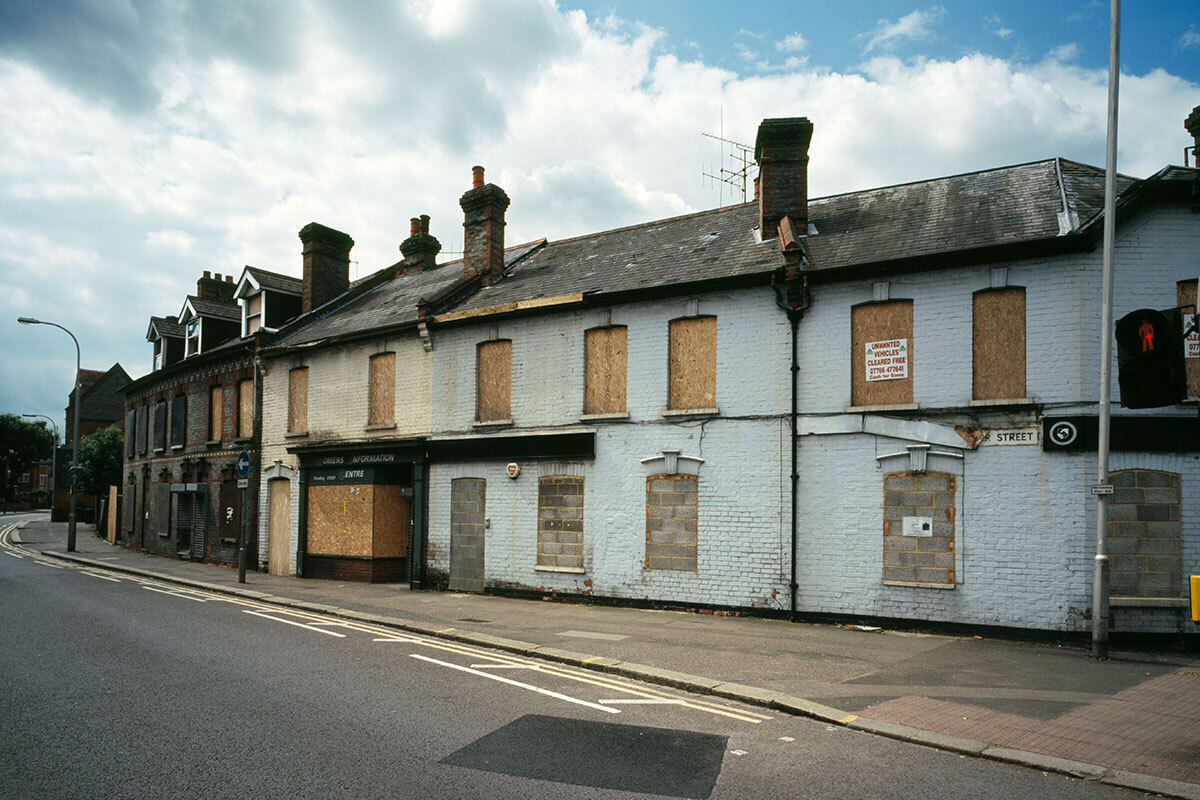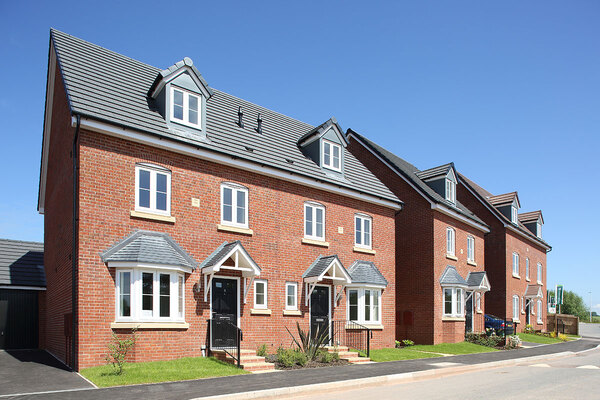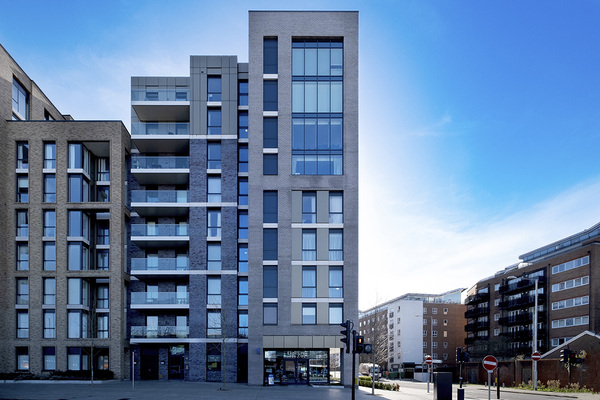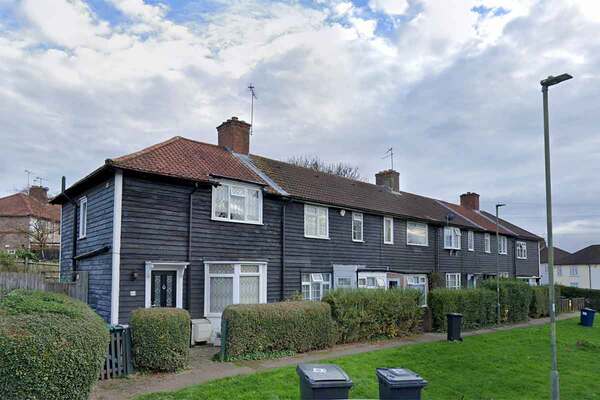You are viewing 1 of your 1 free articles
Unlocking the supply of quality homes through material change of use
Reusing old buildings to create new homes has great potential to help the built environment achieve net zero, writes Gillian Charlesworth, chief executive of the Building Research Establishment
More than 10% of new homes are created each year in England through material change of use in existing buildings. In 2022-23, this totalled more than 25,000 properties, with those created through permitted development rights (PDR) overwhelmingly in converted office buildings.
A lesser-known piece in the puzzle to solving England’s poor quality and low supply of housing is material change of use – in other words, reusing old buildings to create new homes. This has great potential to help the built environment achieve net zero, largely owing to the embodied carbon cost inherent in demolition and new construction.
The relaxation of planning rules enabled by PDR have been significantly extended over the past decade to make change of use more practicable.
However, homes created through change of use do not currently have to meet building-level targets for energy performance. This represents both a barrier to net zero efforts across the built environment and can mean higher energy bills and less comfortable homes for residents.
A typical new change of use flat emits 100% to148% more carbon emissions than a typical new build flat and costs between £830 and £1,780 more in running costs each year, according to government figures. Low energy efficiency standards have gone alongside wider problems often identified in converted homes, such as poor space and layout and overheating problems.
“The relaxation of planning rules enabled by PDR have been significantly extended over the past decade to make change of use more practicable”
As the Department for Levelling Up, Housing and Communities considers responses to its consultation on the Future Homes Standard, the housing sector will have a critical opportunity to act on the conclusions drawn and ultimately implement the regulatory direction around change of use, supporting the government’s efforts to deliver new housing that is net zero ready.
The consultation proposed that newly converted homes – such as new build homes – will have to meet whole building performance targets for carbon, energy and energy efficiency. As with other new homes, under the Future Homes Standard, achieving the carbon target will require heating to come from net zero-compatible systems such as heat pumps, modern storage heaters or low-carbon district heating.
The Building Research Establishment (BRE)’s fundamental view is that all residents of new homes – whether new build or converted – have a right to robust energy and carbon standards. Particularly for homes created under PDR, with less planning oversight, it is vital that building regulations deliver those standards. The housing sector should work with the government to provide as much insight as possible to support the implementation of the new approach to standard setting.
Beyond energy and carbon standards, there are other areas where the consultation discusses improving converted homes. This includes extending to newly converted homes the regulatory requirements to minimise overheating. These were first introduced for new homes in 2022.
Many office-to-flat conversions have represented an “increased risk of serious overheating due to poor design, including a lack of appropriate ventilation and shading”, according to Zurich Insurance Group. I would encourage all relevant stakeholders to recognise this as an opportunity to level the playing field of standards in the built environment.
“All residents of new homes – whether new build or converted – have a right to robust energy and carbon standards”
CBRE estimated that last year there was 16 million square feet of vacant second-hand office space in London, from which nearly 28,000 new homes could be created. With effective implementation, the tightened requirements proposed by the government could stimulate the supply of housing that is more consistent with the UK’s trajectory to a net zero housing stock.
Higher standards will also deliver significant improvements in quality, comfort and resident satisfaction, thereby addressing the concerns that have long been expressed about these types of developments.
BRE is committed to supporting the delivery of high-quality, affordable and healthy homes, and we are working closely with government to develop the systems that will enable the Future Homes Standard to be implemented. There will inevitably be more regulatory reform on the horizon and it’s essential that industry does what it can now to ensure these proposals are brought forward. Doing so will bring the UK closer to delivering net zero-ready converted homes for the benefit of all those that need them.
Sign up for Housing 2024
Welcoming everyone under one roof – join us at Housing 2024
- Three days
- 500+ speakers
- 150+ hours of CPD
- 10 content streams
- 350+ sponsors and exhibitors
- 60 official fringe events
- 50+ partners
- 500+ funders and investors
- Breakfast briefings
- Charity fundraisers
- Government-led workshops
- Study tours
Housing 2024 is a space for the housing and wider living sectors to come together, discuss and collaborate, to identify solutions and speak with one voice to those framing the debate.
Join more than 9,000 attendees: listen, learn, digest and discuss, and take solutions to your communities.













